みなさまこんにちわ。冷やし中華的にHarvard Medical Shcool Global Clinical Scholars Research Training Program (GCSRT)コースに入学しました。人種と国家のDiversityがハンパないカオスな環境がお前には向いているとの事でKC先生からの強い推薦でボストンではなくロンドンにて色々な勉強しております。ちなみに最初のProgram Deanからのイントロダクションで、このGCSRTコースの特徴は世界で通用する研究者を養成するのと同時に、各自が協力して他国間との共同研究や新しいアイデアを作るための人的ネットワークを形成して行動に移すのが目的でもあるそうです。ちなみにDean曰く実際に2017年1年間でNEJMに2人のGCSRT卒業生がFirst authorとして発表されたようです(なんか規模がやばくてワクワクしますね!)
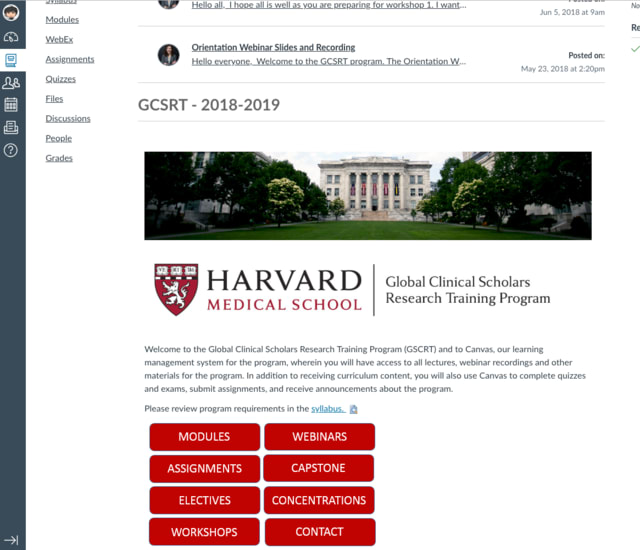
ICRT Japanの方はもう結構認知されてきたとの事(勝手に解釈)とICRT Japanの参加者さんにこの情報が役立ったとのお言葉がとても嬉しかったので、次のステップとしていつか日本からどんどんとオラオラと参加できるようにGCSRTの学びとコースについて、なんとか時間を作ってここに記して行きたいと思います。
本当に大事なFace to Faceの授業や講義はBoston, London, Shanghaiの三ヶ所で世界中から集まって受講します。基本的にはグループディスカッションとチームビルディングとリーダーシップのWSで、これがまた本当によく出来ていて練りに練って考えられているのが教育側の人間として悔しいです。これは後日にまた。
受講者は日本からはLondon Cohortには私含めて二人、その他コースに二人くらいだと思います。Londonの最大勢力は中国からです(地球上の人口比からいうと当たり前かもですが)。全体の年齢層はかなり高い印象です。他国の男性陣は私よりも年齢が高く40台の人も多く、女性陣は逆に中国、中東や欧州組は30前後の人も若手研究者も結構参加している印象です。題名の通りのコースなので、すでにPhDを持っていたり、研究経験のある人も多い印象です。
Workshops:
Live WorkshopsThe program curriculum includes three residential workshops: two in either Boston, London or Shanghai (depending on your cohort) as well as a third and final workshop that all cohorts will attend in Boston. The workshops offer a mix of didactic and practical exercises and are a required component of the program. Attendance at all three workshops is required to be eligible to receive a Certificate of Completion.
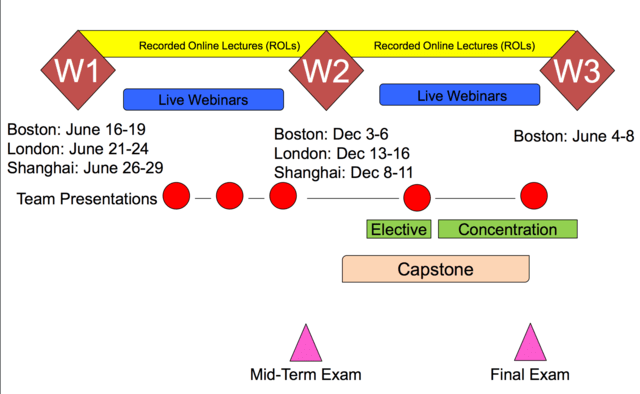
みなさまが気になるであろう卒業認定はICRT(Dubai)コースでは最後の卒業試験で80%(確か38問/2時間の疫学・統計・STATAコマンドのMCQがありました)+75%のWebiner参加、2回の現地WS参加が必要でした。
GCSRTも同様で全てのQUIZで合格することと、2回のCBT的な試験で合格する事、あとはチーム課題と個人課題、選択科目の成績で総合的に決めるとの事です。
There will be approximately four to five interactive webinars per month targeted for review, problem solving, discussion of special topics, facilitated team meetings, team, presentations, etc. Students are only required to attend 75% of all webinars at their scheduled time。
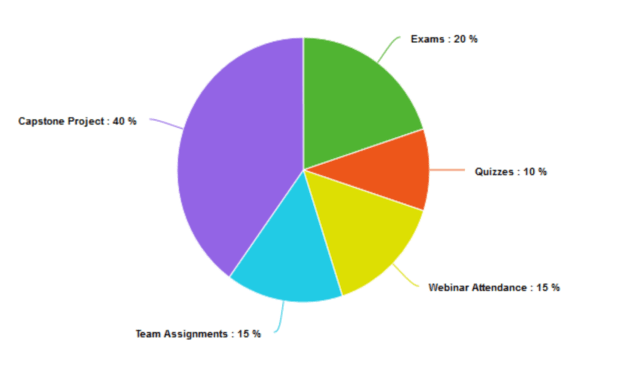
メインとなる内容はFoundation Course+Elective Course+Adavanced Elective course+Team assignment+CAPSTONE projectでありあます。
Foundation Courses という必修は下記のようです。
Foundation courses lay the groundwork of knowledge and skills across the broad spectrum of clinical science. Everyone in the program must complete the foundation courses and receive a “pass” on all related course components.
下記の内容は全てPassしないと卒業は出来ません。
Foundation courses include:
•Introduction to Biostatistics
•Biostatistical Computing
•Ethics and Regulation
•Epidemiology
•Applied Regression
•Survival Analysis
•Correlated Outcomes
•Causal Design
さらに、選択コースも選びます。僕はSurvey Designの方が将来役に立つと考えて選択しました。
ElectivesThere are three elective options: , Secondary Analysis of Clinical Trials, and Survey Design. Additional information about the electives is listed below and will be presented via webinar in November after which you will select your elective. Lectures and course activities specific to your elective will begin in December and run concurrently with the foundation courses.
さらにさらにAdvancedとしてOptional courseを選びます。
There are two options for concentration which students select before the start of the program: Clinical Trials and Advanced Quantitative Methods in Epidemiology.
【Advanced Quantitative Methods in Epidemiology】
The epidemiology concentration provides students with the application of advanced quantitative methods as they pertain to T4 translational research. Topics include an overview of comparative and cost-effectiveness research, meta-analysis, quasi-experimental designs including instrumental variables and marginal structural modeling, propensity scores, and time-series analysis.
私は、自学自習がしやすい綺麗なデザインのClinical Trialより習う機会が少ないレアなAdvanced Quantitative Methods in Epidemiologyの方が良いであろうと沖縄の師匠と相談して後者にしました。
また多国籍軍のような多種多様(もはやカオス)のGCSRTでは合計5つのTeam assingmentがあります。僕はAdavanced Epidemiologyにしましたので、サウジアラビア、UAE、ポルトガル、デンマーク、中国、日本、イタリアの女性達とTeamとして1年間共に同期として頑張っていく事になりました(僕だけ男性なので、勝手にまたもやリーダーにされてしまいましたが、ここぞオモローかつcool Japanを見せてつけたいと思います)
【Team Assignmentsについて】
Students are put into teams at the beginning of the year. Everyone will participate in the same first three team assignments. The fourth (4th) team assignment will be done within a temporary team to which you will be assigned when you select your elective. The fifth (5th) and final team assignment will be completed with your original team and will focus on an exercise specific to your chosen concentration. Each student must actively contribute to all five (5) team assignments.
さぁこのコースの一番の見所はCapstoneといって、国際的な研究機関に申請するための自分の研究計画書(6枚程度)を作成して学生同士(といっても医師としてすでにFacultyクラスも多いので)査読と批評を行い、最終的にはプレゼンで競い合うという実践(実戦)的なものになっております。
Capstone Project:
The capstone project is an individual assignment designed to real-life grant submission process. It will allow students to demonstrate mastery of clinical research, theory and skills. All students in the program will be required to write, submit and pass an original research proposal – the culminating experience of the GCSRT program. All students in the program will also be required to complete a peer review of another student’s capstone project.
という事で、現段階で把握した概要はこの辺りまでです。
正直な話、WSのディスカッションとTeam Exciseがかなり楽しいです。このTeamが課題に追い込まれる感じが生きているとも感じます。
今日はメンターのKCが個人的にメッセージをくれました。世界中どこにいても、何をしていても人類として色々な人間とTeamを作りながら、成長していく。ひと昔前までは都会に住んでいないといけない、大学で働いているなどの研究に対する古い価値観がありましたが、今後はこのような遠隔プログラムをフルに用いる事で地方にいても離島にいても学び続けることができるのではないかと考えてます(やる気のある自治医大生にオススメです)。
さてということで、またまたまたまたまた学生に戻ります。限りある時間を有効活用して切り詰めながらどこまで自分と闘い、鍛えることができるか?これから頑張って行きます。
PS:
まるでプーチンのような鋼のロシア人と気のいいポーランド人とロンドンの先生とM先生と飲みに行きましたら、初日ゲロ吐いて道で死にかけてました・・(時差ボケのせい)
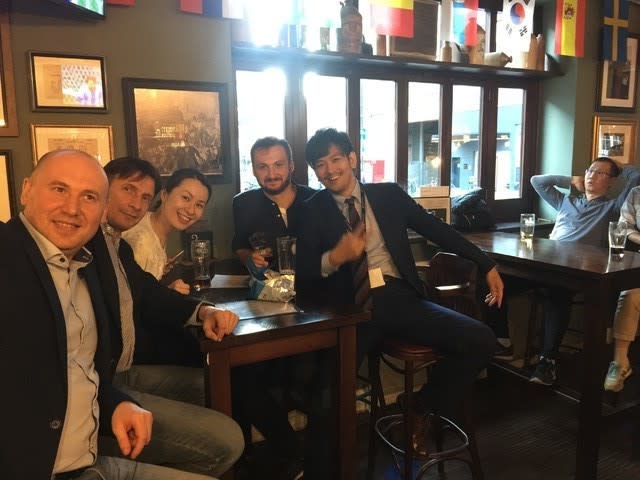










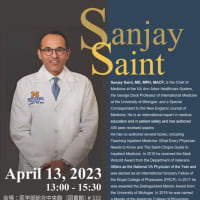
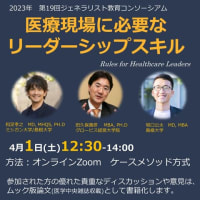
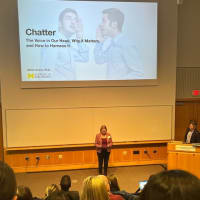
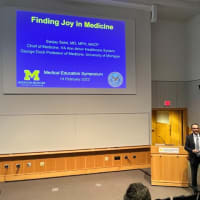
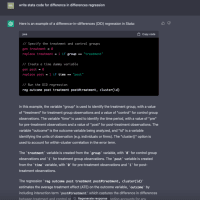
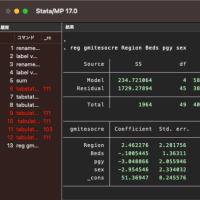
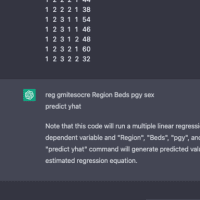
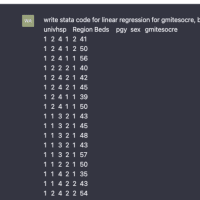
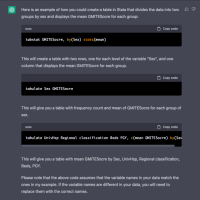
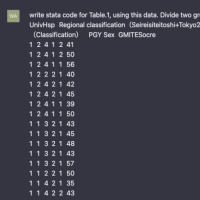
※コメント投稿者のブログIDはブログ作成者のみに通知されます